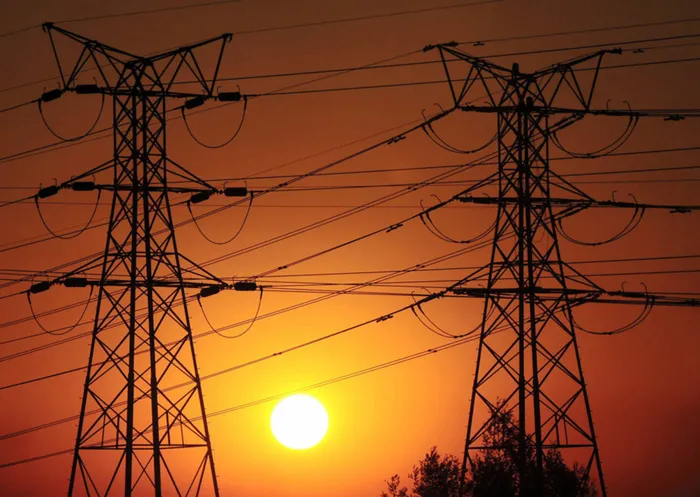Prepaid meters: Eskom to boost Soweto rollout

File picture: Dumisani Sibeko/Independent Media File picture: Dumisani Sibeko/Independent Media
Johannesburg - A total of R39 million. That's what Eskom has managed to bring in from Soweto since it installed prepaid electricity meters.
Eskom says that despite violent protests in Soweto since October last year over the installation of the meters, they have resulted in improved revenue collection.
Last year, Soweto owed Eskom about R8 billion and had a payment rate of about 16 percent.
Eskom introduced the meters to put an end to the culture of non-payment in some areas. The meters were met with great resistance from residents, resulting in a number of violent protests.
Eskom spokesman Khulu Phasiwe said yesterday the R39m improvement was cumulative from the 2014/15 financial year up to June 30 this year.
The revenue collection levels for customers - including large power users, prepaid power users and small power users, but excluding bulk suppliers - are currently at 48 percent.
Soweto has about 181 000 customers, 65 percent of whom are on conventionally billed metering systems and the remainder of whom are on the conventional prepaid metering system, according to Eskom.
“We have installed over 41 628 split meters and converted 24 746 to prepaid, and we are planning to accelerate a rollout of prepaid meters in Soweto,” said Phasiwe.
The conversions of the meters have also resulted in a gradual increase in sales, he said.
Eskom is currently installing prepaid meters in Sandton, Midrand and Kagiso to bolster revenue collection and help to address Eskom’s debt collection challenges.
“In Sandton and Midrand alone we have connected close to 14 700 meters from March to date. We aim to complete the installation of 32 000 prepaid meters in those areas by end of March next year,” said Phasiwe.
There were other benefits of converting to prepaid, he said, including savings on meter readings, improved technical performance, reduced errors resulting from the need to bill the customer, and better consumption control by customers because they get certainty around their monthly costs.
“This technology eliminates the practice of bill estimation that inconveniences customers as it results in fluctuations in the bill and unhappiness with the customer’s account,” he pointed out.
anna.cox@inl.co.za
@annacox
THE STAR